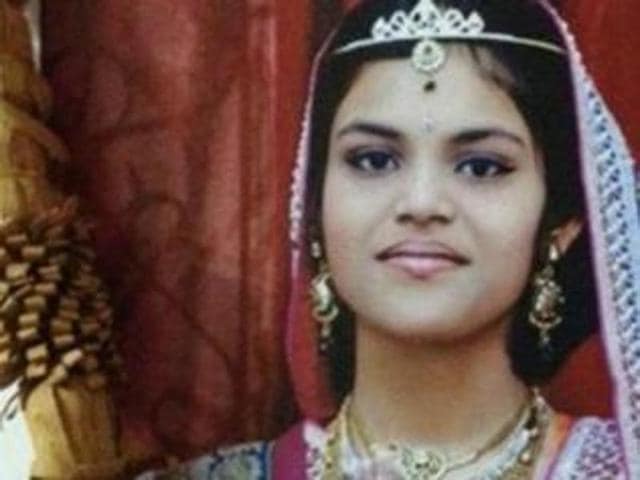Jain girl death row: Religion can’t be a licence to deny right to life
Jain religious leaders’ attempt to justify the death of a 13-year-old girl after a 68-day fast has again shone the spotlight on the dangers of overemphasising the right to religion -- often misused to justify practices prohibited by law.
Jain religious leaders’ attempt to justify the death of a 13-year-old girl after a 68-day fast has again shone the spotlight on the dangers of overemphasising the right to religion -- often misused to defend practices prohibited by law.

“Don’t interfere with our religion,” Jain religious leaders said on Monday after child rights activists demanded action against the parents of Aradhana Samdaria, who died a day after breaking the fast.
Police have registered a case against her father Lakshmichand Samdaria, a wealthy jeweller, and mother Manisha, charging them with culpable homicide not amounting to murder.
The Jain leaders’ stance is wholly misplaced. It is based on a mistaken understanding of the right to freedom of religion, which is the weakest fundamental right.
According to Article 25 of the Constitution, everybody has the right to freedom of conscience and free profession, practice and propagation of religion. But this right is subject to public order, morality and health and to all other fundamental rights.
The provision protects laws regulating or restricting any economic, financial, political or other secular activity that may be associated with a religious practice and authorises the state to make new laws for the purpose. The state can also make laws to provide for social welfare and reform.
Read: Family of Hyderabad girl who died after 68-day fast booked for homicide
A reading of the provision makes it clear that it’s a severely restricted right and certainly doesn’t include the right to take one’s life, particularly in case of a minor.
Even in the US, where the right to religion stands on a better footing than in India, the Supreme Court has ruled that it’s not an absolute right, upholding a conviction under a law banning polygamy.
The Indian Supreme Court has ruled in several cases that the right to religion protects the basic tenets and not all religious practices.
One is free to believe and practice one’s faith so long as it doesn’t conflict with public order, morality, health and other fundamental rights.
India is witnessing a spate of cases involving conflict between religion and law. Be it the issue of allowing women into Haji Ali dargah, Shani Shingnapur and Sabarimala Temple or Muslim women’s petition against triple talaq and polygamy – age-old religious practices having gender bias are being challenged on constitutional grounds.
Read: Those justifying Aradhana’s death should feel the full force of the law
What needs to be understood is that the right to religion is a very weak right and it isn’t a licence to perpetuate religious practices that impinge on individual rights, in particular those of children and women.
Police have registered a case in Aradhana Samdaria’s death and the law must take its own course without bothering about what religious leaders say.



